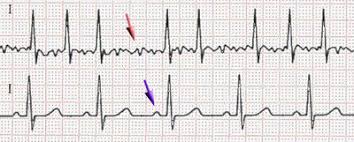Author Interviews, JAMA, Surgical Research, Weight Research / 15.01.2020
Procedures and Hospitalizations Common After Bariatric Procedures
MedicalResearch.com Interview with:
Anita P. Courcoulas MD, MPH, FACS
Anthony M. Harrison MD Chair and
Professor of Surgery
Chief, MIS Bariatric & General Surgery
University of Pittsburgh Medical Center
MedicalResearch.com: What is the background for this study?
Response: Fewer published studies in bariatric surgery address long term adverse outcomes or problems that can occur after different operations. In addition, a lack of standardized reporting of potential adverse events limits the understanding of these issues.
This paper results from one of the largest studies of bariatric surgery ever undertaken and includes both gastric bypass and gastric sleeve, the 2 most common operations performed in the U.S. and worldwide at the current time. This study leverages large data sets from the electronic health record linked to insurance claims and death indices. This is real-world data coming from a population-based cohort of 33,560 adults at 10 sites in 4 clinical data research networks throughout the U.S., so it may be different from data that accrues from a longitudinal observational study or randomized trial. Patients and other important stakeholders in bariatric surgery were critical to the design, conduct, and dissemination of results from this study. (more…)






























